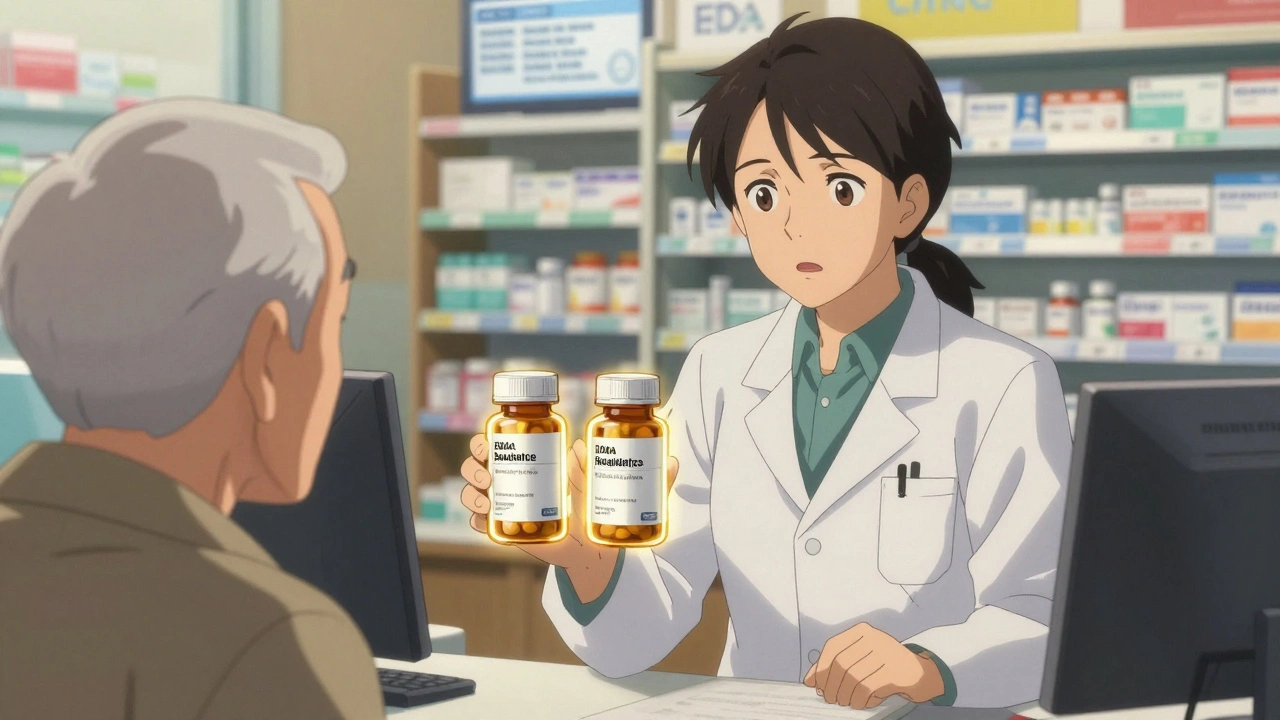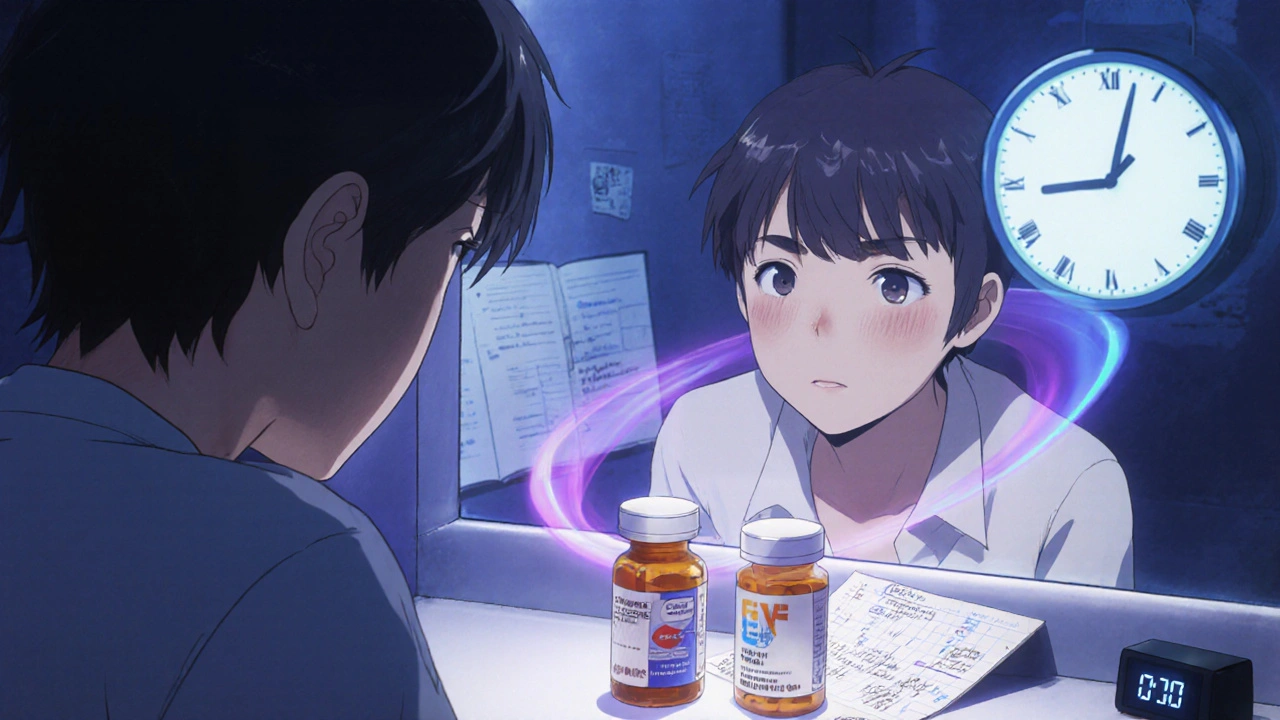Generic Medications: What They Are, How They Work, and Where to Trust Them
When you hear generic medications, pharmaceutical products that contain the same active ingredients as brand-name drugs but are sold under their chemical name. Also known as generic drugs, they work the same way, in the same dose, and with the same risks and benefits as the original — but often cost 80% less. That’s not marketing. It’s science. The FDA requires them to meet the same strict standards for safety, strength, purity, and performance as the brand-name version. If your doctor prescribes a brand-name drug, you’re not getting something better — you’re just paying more for the same thing.
Many people worry that generics are "weaker" or made with cheaper materials. That’s a myth. The active ingredient — the part that actually treats your condition — is identical. Take sildenafil, the active compound in Viagra, also found in Penegra and other generics. Whether you take the brand or the generic, it blocks the same enzyme, increases blood flow the same way, and works in the same timeframe. The only differences are in the fillers, colors, or shape — things that don’t affect how the drug works in your body.
But not all generics are created equal in perception. Some patients feel better on the brand name — not because it’s more effective, but because of the placebo effect tied to packaging and brand trust. Others switch and notice no change at all. That’s normal. What matters is whether your condition improves. If you’re on tamoxifen, a hormone therapy used for breast cancer and post-cycle therapy, or amiloride, a potassium-sparing diuretic used with other blood pressure meds, the generic version is just as reliable. Millions of people use generics every day without issue. The real question isn’t whether they work — it’s why you’re still paying more.
There are exceptions. For drugs with a narrow therapeutic window — like warfarin or thyroid meds — small changes in absorption can matter. That’s why your doctor might stick with a brand in those cases. But for most conditions — asthma, depression, high blood pressure, infections — generics are the smart, safe choice. The generic medications listed in these posts cover everything from eye drops to cancer treatments, and each one has been chosen because real people are using them successfully every day.
What you’ll find below isn’t just a list of articles. It’s a practical guide to navigating the world of affordable, effective treatment. From how to safely buy Aldara Cream, a topical treatment for skin conditions available as a generic online, to understanding why Rybelsus, a brand-name GLP-1 drug for diabetes has generic competitors on the horizon, these posts give you the facts you need to make smarter, cheaper choices without sacrificing safety.

How to Talk to Patients About Generic Medications: Proven Communication Strategies
Learn proven communication strategies to help patients feel confident about switching to generic medications. Discover what works, what doesn’t, and how to build trust with simple, evidence-based approaches.

Side Effects After Switching to Generics: When to Worry
Switching to generic medications can cause side effects for some people, especially with drugs like thyroid medicine, epilepsy treatments, and blood thinners. Learn which medications are risky, why changes happen, and how to protect yourself.
